Social media has been restricted in Mozambique as one of the main challengers in last month's disputed election remains in hiding calling for protests.
Police say they believe Venâncio Mondlane - a part-time pastor and independent candidate who insists he was the true winner of the polls - is in neighbouring South Africa.
He has been imploring his supporters in social media videos to demonstrate over the next week against the official poll results, which gave victory to Daniel Chapo from the ruling Frelimo party.
Mondlane disappeared from public view 12 days ago, accusing the police of threatening behaviour not long after two of his aides were shot dead in the run-up to release of the results.
He has described the killing of his lawyer Elvino Dias and Paulo Guambe, an official from the opposition Podemos party that backed him, as politically motivated - an allegation denied by the government.
Mondlane went into hiding before the results were released, saying his home had been encircled by officers and he had been tear-gassed at protests called after the murders.
Demonstrations also erupted after the results were announced on Thursday last week.
At least 10 people are known to have been shot dead by security forces during post-election protests, according to a report from Order of Doctors, an independent medics' association, while dozens suffered non-fatal gunshot wounds.
Police chief Bernardino Rafael has denied Mondlane's accusations and said his officers had been called to intervene in 58 protests, "of which 38 were violent, very violent".
Internet watchdog NetBlocks said restrictions to WhatsApp, Facebook and Instagram began on Thursday, while there had been disruption to mobile data soon after election day on 9 October.
For the past day WhatsApp, for example, gets cut off for hours at a time - and although a connection can be made intermittently, making calls on the app has not been possible for the whole of Friday.
The government has not commented on claims it has deliberately stifled access to the internet to hamper protesters' ability to co-ordinate.
President-elect Chapo will be taking over from Filipe Nyusi, who is stepping down after serving the two-term limit.
Mozambique has only ever been governed by one party - Frelimo - which has ruled since independence from Portugal.
The official elections results gave Chapo 71% of the vote. Mondlane was runner-up with 20%, and Ossufo Momade, of former rebel group Renamo, came third with 6%.
But that result is being challenged at the Constitutional Court by Podemos.
International election observers have also said the elections were flawed, pointing to doctored numbers and other irregularities during the counting process.
The electoral commission has now been ordered by the Constitutional Court to hand over all the records and tally sheets.
On Thursday, Podemos leader Albino Forquilha met the police chief for talks, calling for "institutions that administer justice" to "carry out work that honours the vote the Mozambican people entrusted to political parties".
As of Friday, relative calm has returned to the streets of the capital, Maputo, and other cities on after days of demonstrations.
Some markets, shops and companies that were forced to close their doors have now reopened, but complain of having very few customers.
The impact on business has been "worse than Covid-19", said the president of the national trade association CTA, coming "at a time when the country is struggling with the issue of unemployment, mostly affecting the youth".
Mozambicans have largely opted to stay home instead of going to work as normal, because of safety fears and scarce public transport.
Beyond the capital, schools are still running but with fewer pupils turning up to class.
Mondlane is now urging Mozambican industry to back what he calls a week-long "paralysis", saying on Facebook live that "seven days without work are better than five years of misery".
He has also called on his supporters to "occupy" the presidential palace and other strategic points in the capital city.
Additional reporting by BBC Monitoring

 2 weeks ago
73
2 weeks ago
73
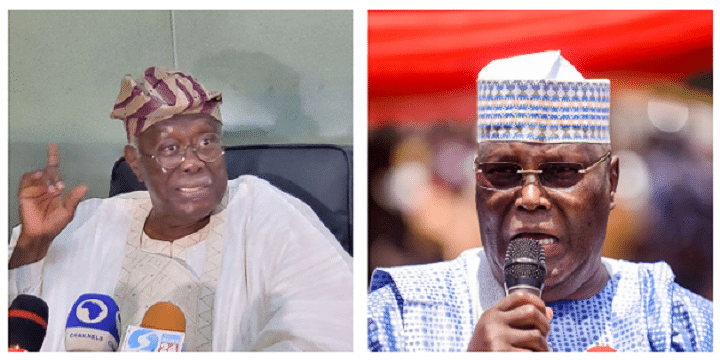
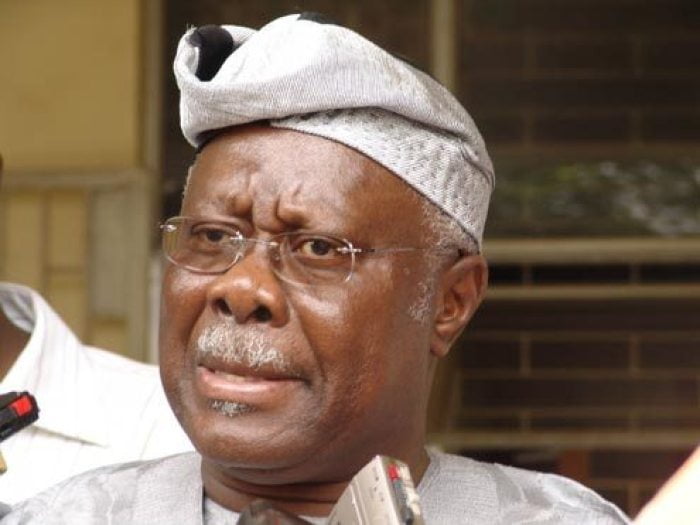
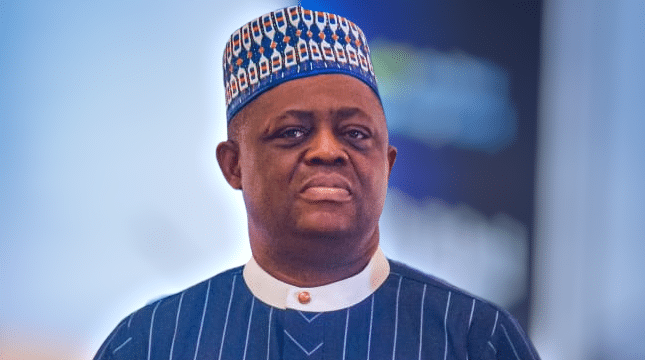
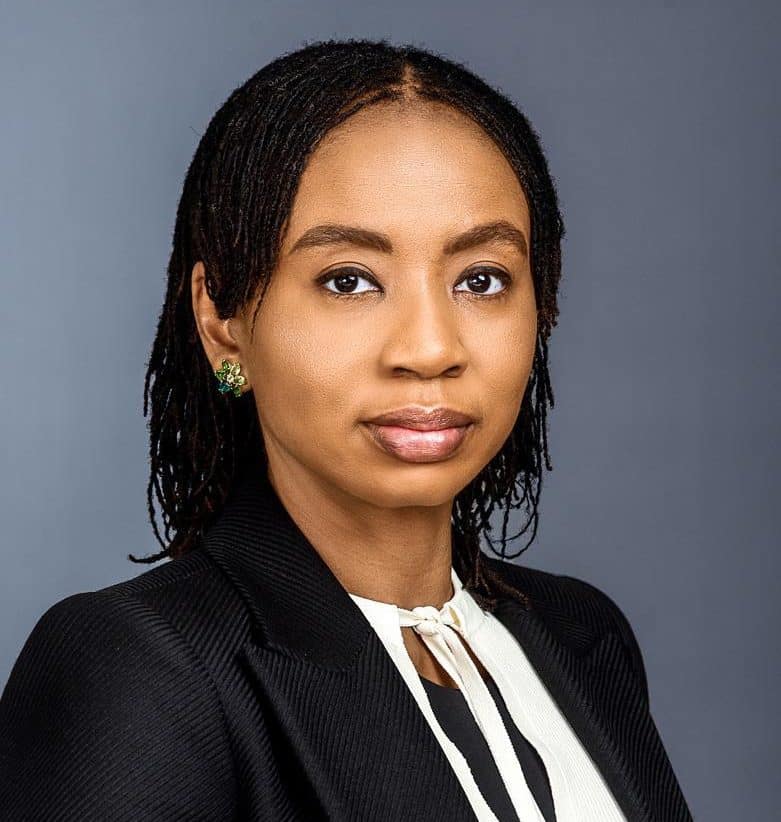
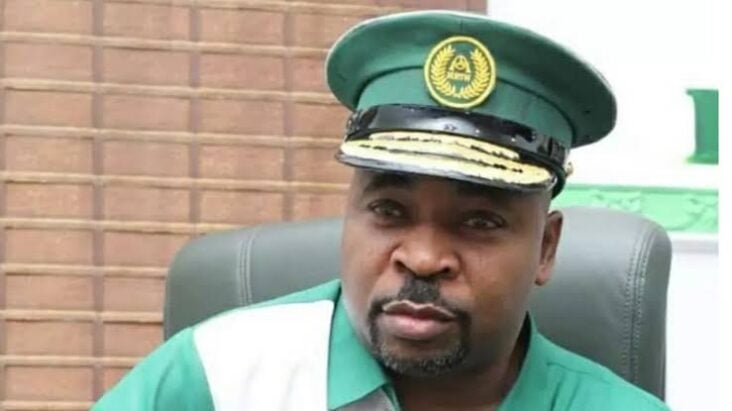








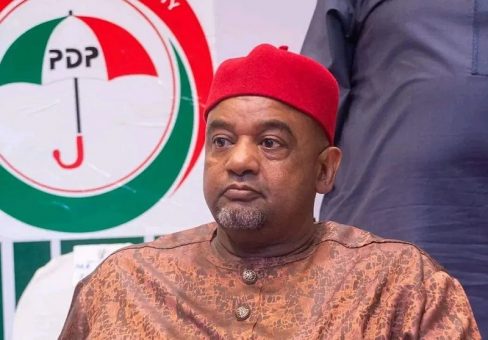
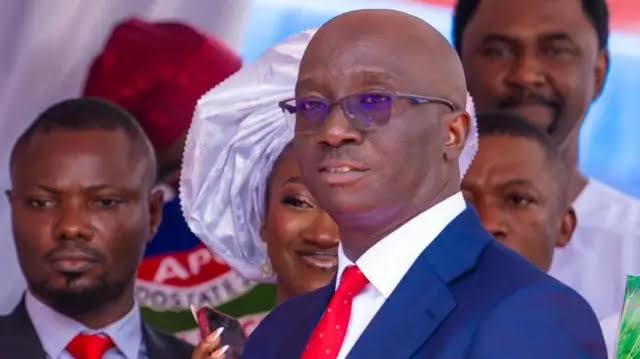
 English (US) ·
English (US) ·